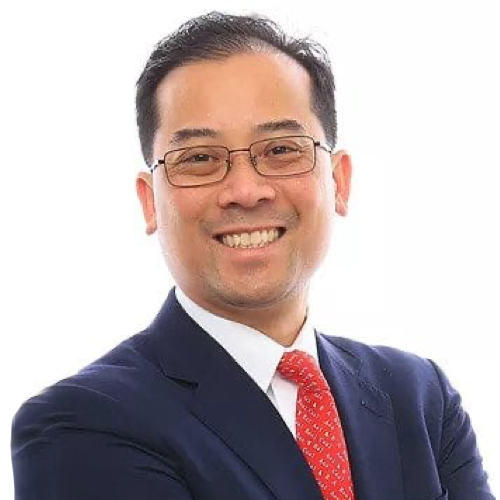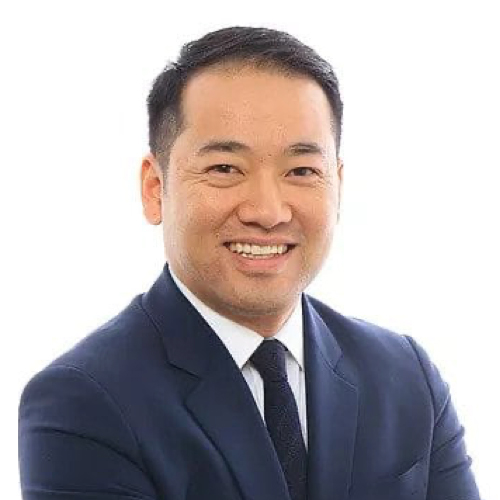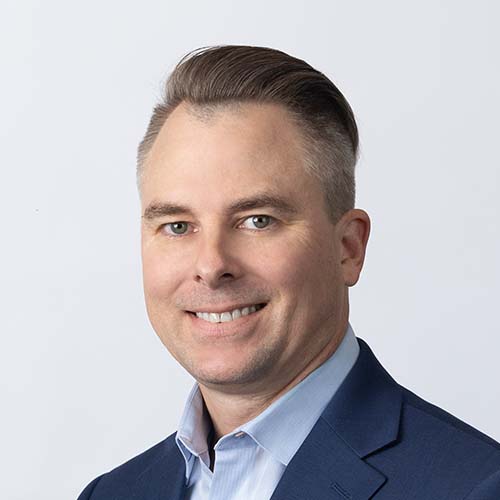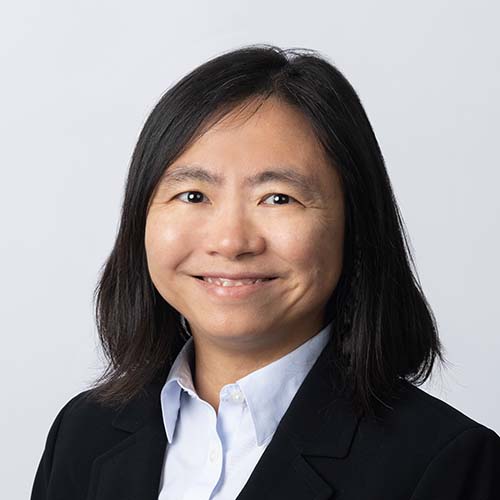Commentary - December 2023Sustainable Balanced Fund
Equity Allocation
Would you please discuss your thoughts on the equity market as we begin 2024?
We believe the equity market is at a powerful inflection point. With the Federal Reserve ending its rate hikes, we anticipate solid performance in growth equities as investors shift their focus to fundamentals where factors such as revenue growth and earnings growth drive returns.
With the Fed expected to cut rates three times in 2024, we see renewed interest in equities relative to fixed income and believe select sectors are poised to outperform. For example, we see opportunities in quality growth companies including Information Technology companies that provide essential services and Health Care services companies, which often enjoy both defensive and offensive characteristics.
Why hold a concentrated portfolio?
We believe to beat the market, the portfolio needs to look different than the market. For the Sustainable Balanced Fund, we seek to hold a concentrated group of 25 to 35 high-quality mid- and large-cap companies purchased at a reasonable valuation with a higher earnings growth profile compared to the overall market.
What is your process for finding sustainable companies?
At Tran Capital, we focus on companies that exhibit proper governance and long-term sustainable growth. We believe companies that treat all stakeholders responsibly can generate better total returns for shareholders while mitigating risk. We define sustainable securities as those that score 3 or higher on our proprietary 5-point ESG scale. In ranking a company’s ESG criteria, we consider the following:
- The external impact of a company’s product or service
- The company’s internal policies, controls, and interactions with shareholders, employees, and other stakeholders.
Further, Tran Capital does not employ negative screening and will consider all companies in all industries for the portfolio.
Fixed Income
What are your current thoughts on the fixed income market?
While it took time for the Federal Reserve’s policy to slow job growth and inflation, it appears that its rate hikes are finally filtering through the economy.
Due to the Fed’s actions, fixed income securities with shorter maturities have been more attractive in 2023. Longer-term rates could be more volatile as they could be impacted by the slowing economy and potential rate cuts. If the U.S. economy slows more than expected or heads into a recession, lower long-term rates may continue.
In terms of sectors, many sectors should continue to perform well if the economy slows. We are still seeing many late-cycle Industrials that have strong backlogs into 2024 and 2025, with an overall larger capex spend from some government programs. Alternatively, we have been avoiding the retail sector especially high-end consumer products as we believe the interest rate environment might slow consumer spending.
Overall, we do not expect a significant slowing in the economy, we prefer to focus on defensive positions for our fixed income portfolio. Importantly, at Aristotle Pacific Capital, we are a bottom-up, credit-focused manager looking for our “best ideas” in investment-grade fixed income.
What fixed income securities does the Fund invest in?
The Fund primarily invests in investment grade debt securities, which could include corporate bonds, mortgage-related securities, asset-backed securities, debt securities issued by the U.S. government or its related agencies and U.S. dollar-denominated debt securities issued by developed foreign governments and corporations.
The Fund is expected to maintain a weighted average duration within two years (plus or minus) of the Bloomberg US Aggregate Bond Index benchmark.
How do you define “sustainability”?
For the fixed income portfolio, in addition to our bottom-up fundamental approach, we seek to mitigate financial risk by viewing securities through a sustainable lens. We seek to exclude areas we believe will create more risk to the portfolio, such as companies producing tobacco, controversial military weapons or thermal coal as well as those companies with serious human rights violations, severe environmental damage, or gross corruption.



